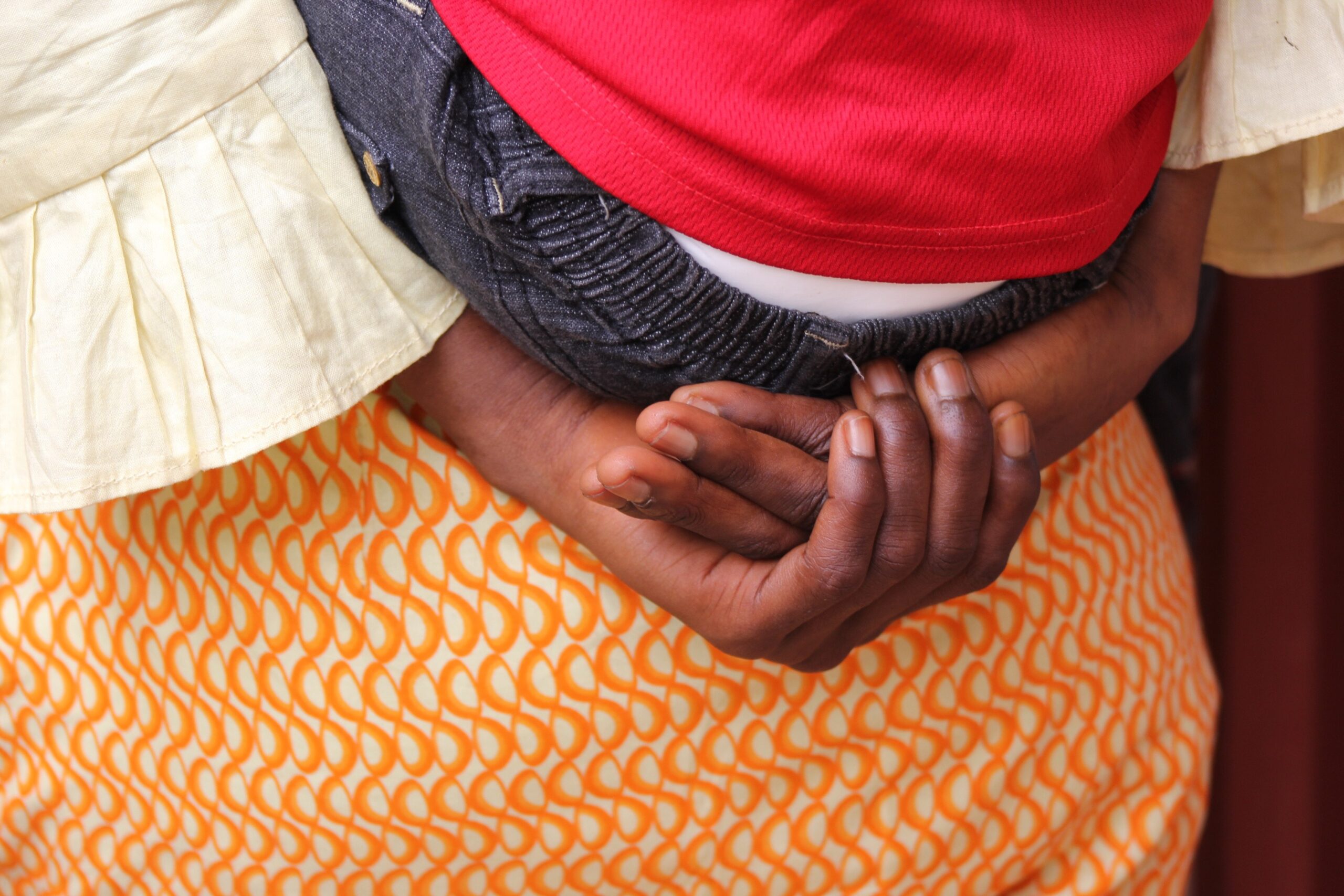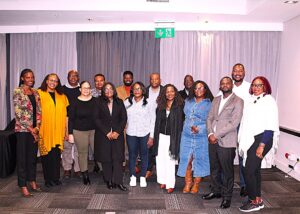By Deborah Nyokabi, Legal Equality & Gender Policy Expert, Equality Now
Nairobi, Kenya, May 15, 2025 – The International Day of Families provides an opportune moment to critically examine the legislative frameworks that regulate the formation and dissolution of divorce across Africa.
Rising divorce rates in Africa
In Africa, divorce continues to be a complex and evolving landscape, particularly due to plural legal systems where civil law systems exist alongside customary or religious laws. This means that the legal frameworks meant to protect individuals—especially women—in the region are dangerously outdated and inadequate.
In countries such as Nigeria and Uganda, divorces do not only pass through formal courts but can also be handled under customary or religious systems—traditional frameworks governed by community elders, religious leaders, or family heads, based on local customs or interpretations of religious law. These informal processes often exclude legal protections, lack standard documentation, and are heavily influenced by patriarchal norms, making it difficult to track or regulate.
African countries need to uphold human rights
Across Africa, countries have signed and ratified international and regional human rights instruments committing to ensure equal rights for women and men at the time of marriage, during marriage and at its dissolution. These include the Convention on the Elimination of All Forms of Discrimination against Women (CEDAW) and the Protocol to the African Charter on Human and Peoples’ Rights on the Rights of Women in Africa (the Maputo Protocol).
Despite obligations for governments to honour these commitments, domestic legislation in many African countries continues to reflect deeply entrenched gender biases. This is especially evident in laws related to divorce, the distribution of matrimonial property and remarriage.
Legal disparities exist in divorce provisions
Equality Now’s landmark Report, Gender Inequality in Family Laws in Africa, cites that despite incremental legal reforms, family law frameworks across the continent still codify discrimination, undermine women’s autonomy, and impede access to justice for those navigating marriage dissolution.
The research identifies how some countries such as Angola, Burundi, Cameroon, Mozambique, and Senegal have cited equal rights for men and women to petition for a divorce. However, a broader analysis of African countries reveals that preconditions based on gender obstruct a woman’s ability to initiate or finalise a divorce, with legal disparities in divorce provisions making it especially hard for women. For instance, in Algeria, a woman may only seek divorce in cases of abandonment, breach of marital obligations, or failure to pay alimony.
Women pursuing ‘Khul’—a form of no-fault divorce initiated by the wife—must pay financial compensation to their husbands in most countries in Africa where Islamic law applies. . Take the case of Fatima (pseudonym), a 42-year-old speech therapist from Algeria. She contemplated leaving her marriage with her two children following years of psychological abuse. However, if she had initiated the divorce herself under Article 53 of the Algeria Family Code; she would have had to pay a ‘Khul’ to her ex-husband – in addition to an already financially draining divorce process. Her husband ultimately filed for divorce by unilateral will or repudiation under Article 48 of the Family Code, which allows him to end the marriage without any explanation.
Though she gained child custody, she lost her home and now struggles to support her children, exposing the systemic economic injustice women face in Algeria’s divorce process. If she remarries, she will lose custody of her children under the current provisions of the Family Code, illustrating the compounded intersecting barriers that women face during divorce.
Gender discrimination is present not only in the outcomes of divorce but also in the legal procedures and requirements surrounding the divorce process itself, making it harder for women to navigate and finalize a divorce compared to men.
In Côte d’Ivoire, the Democratic Republic of Congo (DRC), and Senegal, women are subjected to mandatory waiting periods of up to 300 days before they remarry, purportedly to eliminate uncertainty around paternity. Men, however, face no such restrictions. This blatant inequality is a clear violation of the principle of non-discrimination enshrined in the CEDAW and Articles 2 and 6 of the Maputo Protocol.
Widows face widespread discrimination
The discriminatory nature of family laws is often most starkly revealed following the death of a husband. Equality Now’s Report shares the experience of 62-year-old Binta, a mother of eight from The Gambia, who was left destitute when her deceased husband’s relatives seized all matrimonial property, invoking customary norms. Despite her years of unpaid labor and domestic contributions, the absence of a legal framework in The Gambia to recognize her non-financial contributions to the home and family left her without recourse.
The complexities of customary and formal legal systems
In South Sudan, where a complex interplay of customary and formal legal systems governs family law, Ajak (pseudonym), a mother of three and entrepreneur from Juba, encountered a deeply patriarchal resistance when she sought to end her marriage. Having left her marital home due to neglect and emotional abuse, she found herself trapped in a labyrinth of traditional mediation and systemic bureaucratic inertia.
Her husband’s attempts to forcibly reclaim custody of the children—despite societal expectations placing them with their mother—highlight the gendered power dynamics at play, where cultural expectations are often manipulated to control and intimidate women.
In the formal justice system, Ajak’s experience grew bleaker. Her divorce case lingered for over two years, mired in court delays, corruption, and gatekeeping by officials influenced by political patronage. The exorbitant legal fees—totaling over 300,000 South Sudanese Pounds (approximately USD 2,300)—rendered her pursuit of justice unsustainable. Ajak’s ordeal reflects a system where justice is commodified, and the absence of legal aid or cost-sensitive procedures perpetuates inequality by economic status.
The unconstitutional time bar in Kenya
Kenya presents an unusual legal paradox. The Marriage Act requires that parties in a civil union wait three years before petitioning for divorce. While this was deemed unconstitutional by the Court of Appeal in 2022—citing its disproportionate effect on individuals in abusive or untenable marriages—the Court simultaneously suspended the ruling for three years, pending legislative reform by Parliament.
This judicial maneuver, though well-intentioned, effectively delays justice for those most in need, particularly women whose physical safety or mental health may be at risk during the waiting period.
Urgent need for legal equity in the family
The consequences of discriminatory divorce and remarriage laws are not merely symbolic. They have tangible and enduring implications for women’s economic security, mental health, access to housing, and the well-being of their children.
To promote equality and justice in family law, it is essential to remove discriminatory conditions for divorce that apply only to women, ensuring that all individuals can petition for divorce on equal grounds. Gender-based waiting periods for remarriage must also be abolished, as they contravene international legal standards on non-discrimination.
Legal systems should recognize non-financial contributions in the division of matrimonial property,especially in contexts where marriage is not automatically treated as falling under community of property. Additionally, affordable and accessible legal aid must be made available in family law cases, with particular attention to the needs of women from low-income or rural backgrounds.
In reforming laws on the equitable division of matrimonial property, African countries should be guided by the African Commission on Human and Peoples’ Rights (ACHPR) General Comment No. 6 on the Maputo Protocol on the Right to Property During Separation, Divorce or Annulment of Marriage. It provides detailed guidance on interpreting Article 7(d) of the Maputo Protocol, which addresses the equitable distribution of joint property during the dissolution of marriage, whether through separation, divorce, or annulment.
As African nations strive toward fulfilling the aspirations of Agenda 2063 and the Sustainable Development Goals, particularly Goal 5 on gender equality, it is imperative that they address the discriminatory foundations embedded in family law systems. Legal reform must dismantle the entrenched structural inequities that undermine women’s rights at home, as there can be no equality in society without equality in the family.
More from Africa News 24












